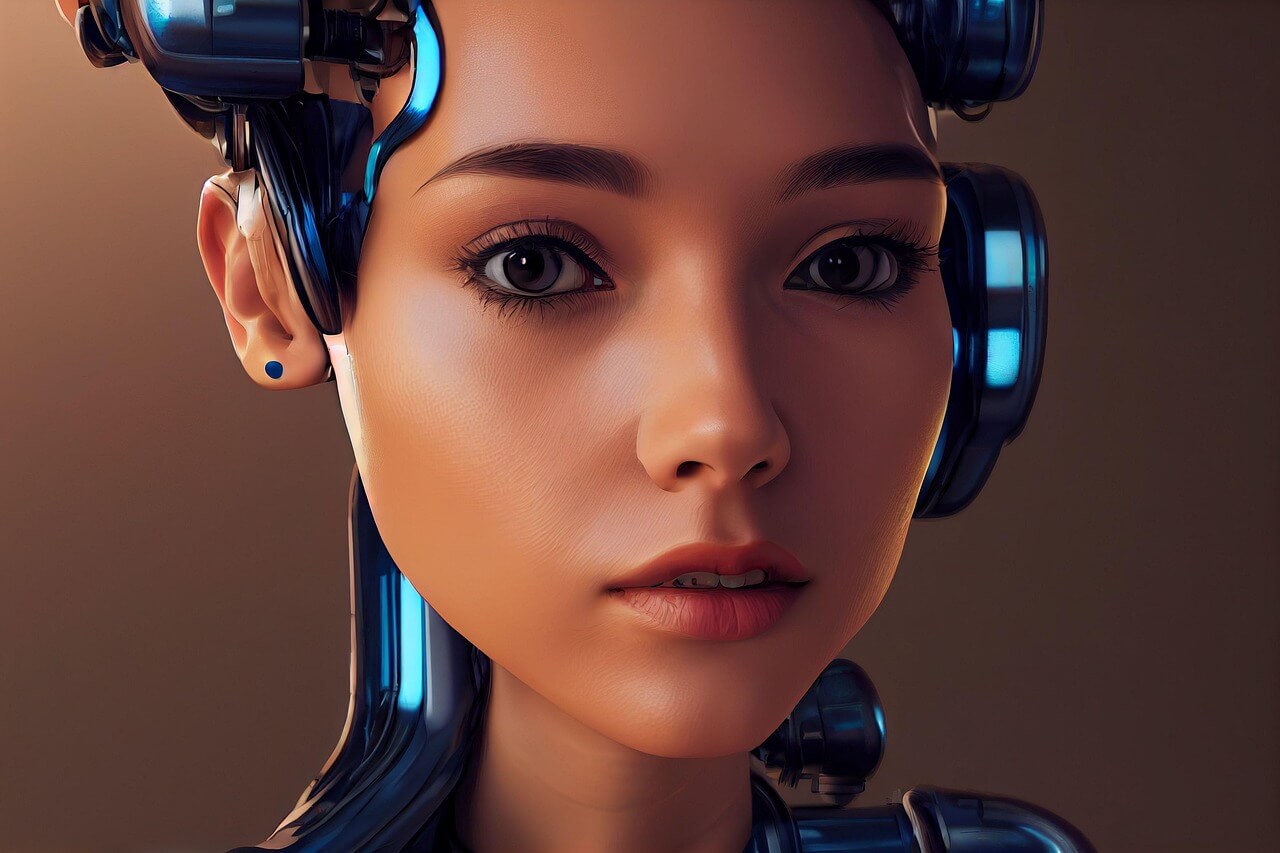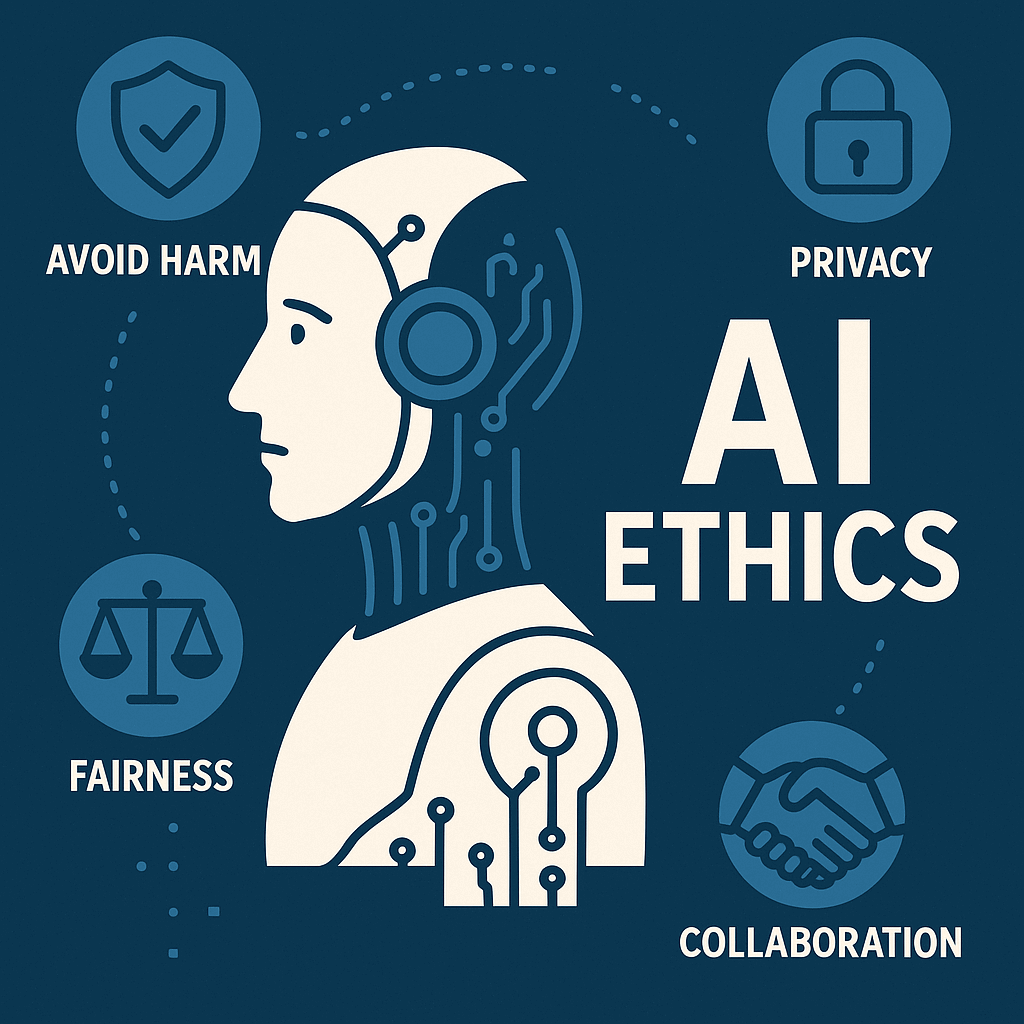How can we tell if a machine truly thinks or feels like a person? This question sits at the heart of the debate about artificial intelligence, or AI, and whether it can ever be conscious like humans. Consciousness means having thoughts, feelings, and awareness of oneself and the world. Scientists and researchers are trying to figure out if AI can have this, but it’s a tough puzzle to solve.
Can machines ever think or feel like humans? This central AI debate explores if true consciousness is possible for technology.
Right now, AI systems like chatbots or language models such as ChatGPT aren’t conscious. They can talk and answer questions, but they don’t feel or understand things the way people do. Experts say these machines lack the structure and abilities needed for true awareness. They can’t sense the world or think about themselves, which are big parts of being conscious. Research continues, but there’s still a long way to go. Additionally, some scientists believe that future machines might replicate cognitive functions but will experience a different form of consciousness.
Many ideas exist about what consciousness is and how it might work in AI. Some theories suggest it comes from how information loops in the brain, while others think it’s about combining different pieces of knowledge into one big picture. There’s also the “hard problem” of explaining why we have personal experiences at all. This problem makes it tricky to know if AI could ever feel anything, even if it acts smart. Functionalist theories propose that consciousness might emerge in AI if it replicates the same causal roles as human mental states.
To make AI seem conscious, scientists look at how the human brain works. They study things like memory, learning from senses, and making predictions. Some even imagine the brain as a kind of machine with different states. But building this into AI is super hard. Machines don’t have bodies to sense the world, and they can’t truly know who they are. Moreover, the ethical dilemmas surrounding self-aware AI pose significant challenges for future development.
There are big challenges ahead. AI doesn’t have subjective experiences, like feeling happy or sad. It also can’t mix senses together like humans do when they see, hear, and touch. On top of that, the ethical side matters. If AI ever becomes conscious, how should we treat it? Researchers keep exploring these questions, hoping to understand if machines can ever truly think or feel. For now, AI remains just a tool, not a mind.









